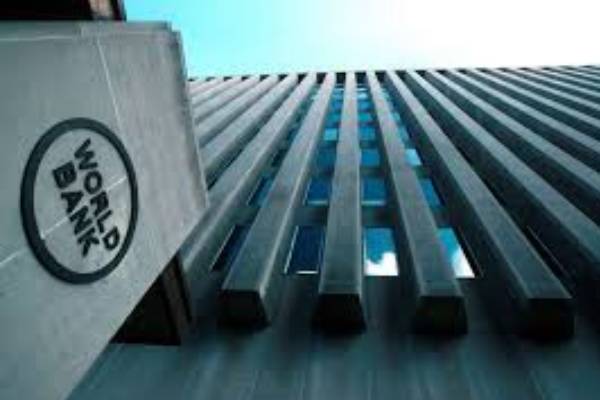The global economy is on course to record its weakest growth since the 2008 financial crisis — excluding outright recessions — according to the latest Global Economic Prospects report released by the World Bank.
Citing rising trade tensions and persistent policy uncertainty, the report notes that nearly 70% of economies across all regions and income levels have seen growth forecasts downgraded. Global growth is now projected to slow to 2.3% in 2025, nearly half a percentage point below earlier projections.
Though a global recession is not anticipated, the World Bank warned that if current trends persist, average growth in the 2020s will be the slowest since the 1960s.
“Outside of Asia, the developing world is becoming a development-free zone,” said Indermit Gill, the Bank’s Chief Economist and Senior Vice President for Development Economics. He noted that growth in developing economies has declined from 6% annually in the 2000s to less than 4% in the 2020s.
This mirrors a global trend: trade growth has dropped from an average of 5% in the 2000s to under 3% so far this decade. Investment growth has also weakened, while global debt has reached record levels.
In 2025, nearly 60% of developing economies are expected to experience slower growth, averaging 3.8%.
This is projected to rise marginally to 3.9% between 2026 and 2027 — more than one percentage point below the 2010s average. Low-income countries are now forecast to grow by 5.3% in 2025, 0.4 points below earlier estimates.
The report also highlights how rising tariffs and tight labour markets are keeping inflation elevated. Global inflation is expected to average 2.9% in 2025 — still above pre-pandemic levels.
This combination of slower growth and stubborn inflation is likely to hinder efforts by developing nations to reduce poverty and create jobs.
Per capita income growth in developing countries is forecast at 2.9% in 2025 — 1.1 percentage points below the 2000–2019 average. Excluding China, it could take nearly two decades for many developing economies to regain their pre-pandemic growth trajectory, the Bank warned.
Nevertheless, the report suggests that global growth could improve if major economies resolve trade disputes and reduce uncertainty.
For instance, halving current tariff rates could boost global growth by 0.2 percentage points on average over 2025 and 2026.
Ayhan Kose, the World Bank’s Deputy Chief Economist, said:
“Emerging-market and developing economies reaped the benefits of trade integration, but now find themselves on the frontlines of a global trade conflict. The smartest response is to deepen integration with new partners, advance pro-growth reforms, and strengthen fiscal resilience.”
The World Bank urged developing nations to diversify trade and investment through regional agreements, enhance their business environments, and mobilise domestic resources to support vulnerable households.
Policymakers were also advised to prioritise investments in education and skills, and create conditions for labour markets to connect workers with productive employment — key to fostering inclusive and sustainable growth.





